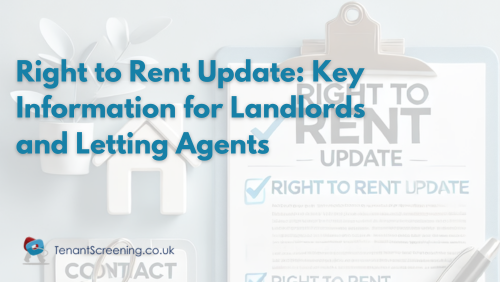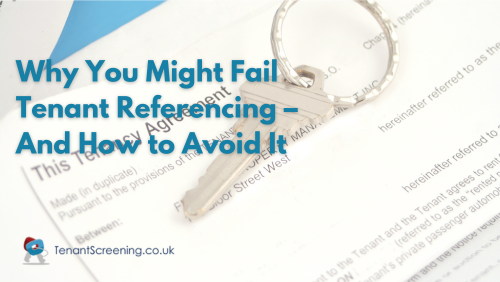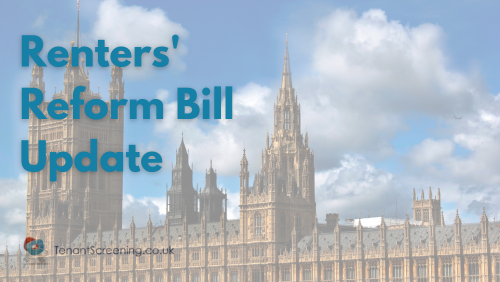What is a Guarantor and who can be one? Understanding the Basics
A rent guarantor is someone who agrees to cover your rent if you’re unable to pay. This is particularly important for those who are new to the country, lack a credit history, are self-employed, or have a low income relative to their rent. By having a guarantor, you can secure the rental property you want, even if your financial situation is less than ideal.
Who Can Be a Rent Guarantor?
Parent or Guardian as a Guarantor
For students, parents or guardians are often the first choice when seeking a guarantor. It’s essential that the guarantor has a solid credit history or is a homeowner, as landlords and agents typically require this level of financial security.
When selecting a private guarantor, tenants generally look for someone in a stable financial position or someone they trust implicitly.
Guarantor Requirements
1. The guarantor should ideally be a UK Resident
Your guarantor would ideally reside in the UK. This can be challenging for individuals who are new to the country, as they may not have established local connections or a bank account, making it difficult to prove income or savings.
2. The Guarantor Must Be at Least 21 Years Old
To serve as a guarantor, the individual must be over 21. This age requirement ensures that the guarantor likely has a credit history or assets to support their commitment. However, it’s important to consider the financial risk involved, especially if the guarantor is a young adult who may not yet be in a strong financial position.
Why Do Guarantors Exist?
Consider this common scenario:
You’ve found the perfect rental property and expressed your interest to the agent. But then they ask for a guarantor, and you’re left scrambling to find someone. If you’re lucky, you might have a parent or relative who can vouch for you.
How Much Does a Guarantor Need to Earn?
The income requirement for a private guarantor typically depends on the cost of the tenancy. Most landlords require a guarantor to have an annual income of at least 40 times the monthly rent. The guarantor will undergo the same referencing checks as the tenant, with their income being assessed at a higher rate to ensure they can cover the rent if necessary.
Can a pensioner be a guarantor?
Yes, a guarantor can be retired. The key factor is their financial stability, which doesn’t necessarily need to come from a salary. A guarantor could be living off savings or a pension and still qualify. However, it’s important to remember the financial liability involved.
What Does a Guarantor Need to Provide?
Guarantors must undergo a referencing process similar to that of tenants. This includes an assessment of their income, affordability, residential history, and identity.
Does being a guarantor affect your credit rating?
Simply agreeing to be a guarantor won’t impact your credit rating unless you’re required to cover the tenant’s rent. If the tenant defaults and you’re called upon to pay, this this may be
Can a Guarantor Be Self-Employed?
Yes, self-employed individuals can serve as guarantors, provided they can demonstrate a steady income and pass an affordability check. Given the current economic climate, it’s important to ensure that even self-employed guarantors have a reliable income stream.
What If My Guarantor Doesn’t Earn Enough?
If you’re relying on a private guarantor, it’s crucial that they meet the affordability criteria. For instance, our requirements at Tenant Screening dictate that a guarantor’s income should be at least 36 times the monthly rent.
Can You Be Released From Being a Guarantor?
The only way to be released from guarantor obligations is with the landlord’s consent. In many cases, especially with property management companies, this may be difficult to achieve once the tenancy agreement is signed.
To find out more about tenant referencing please visit www.tenantscreening.co.uk or contact the team on 01793 847014/[email protected]











